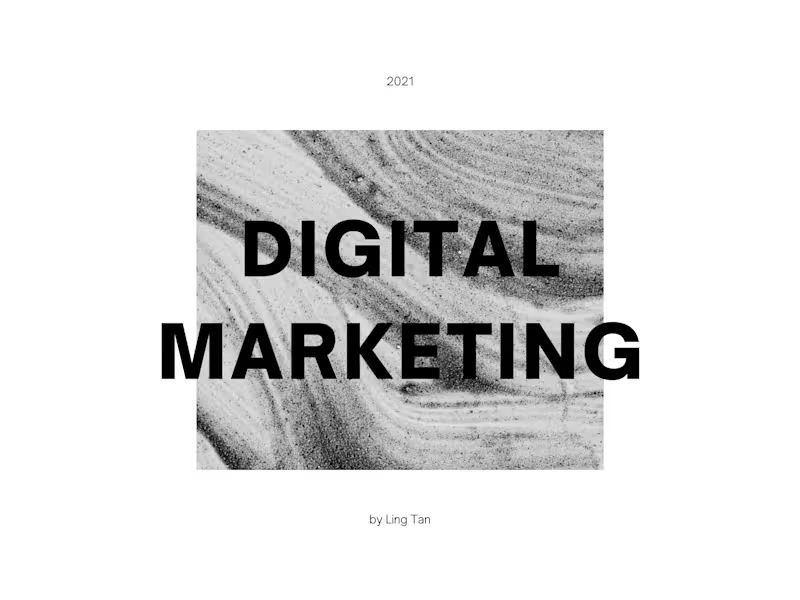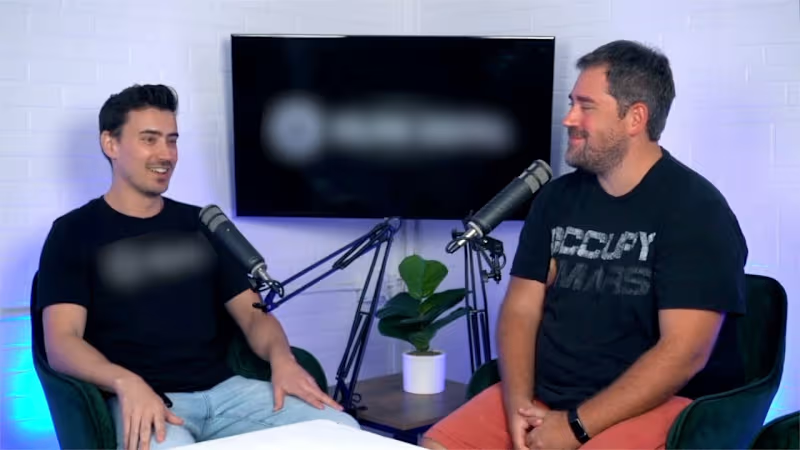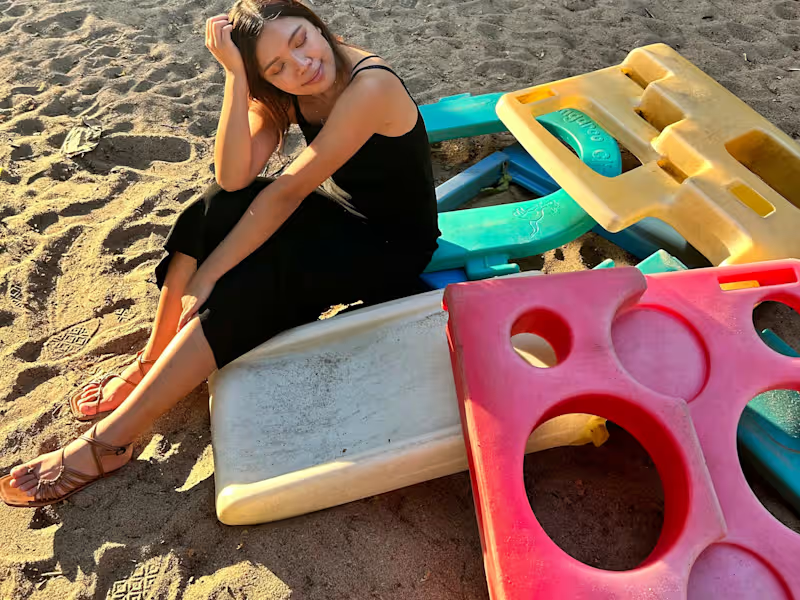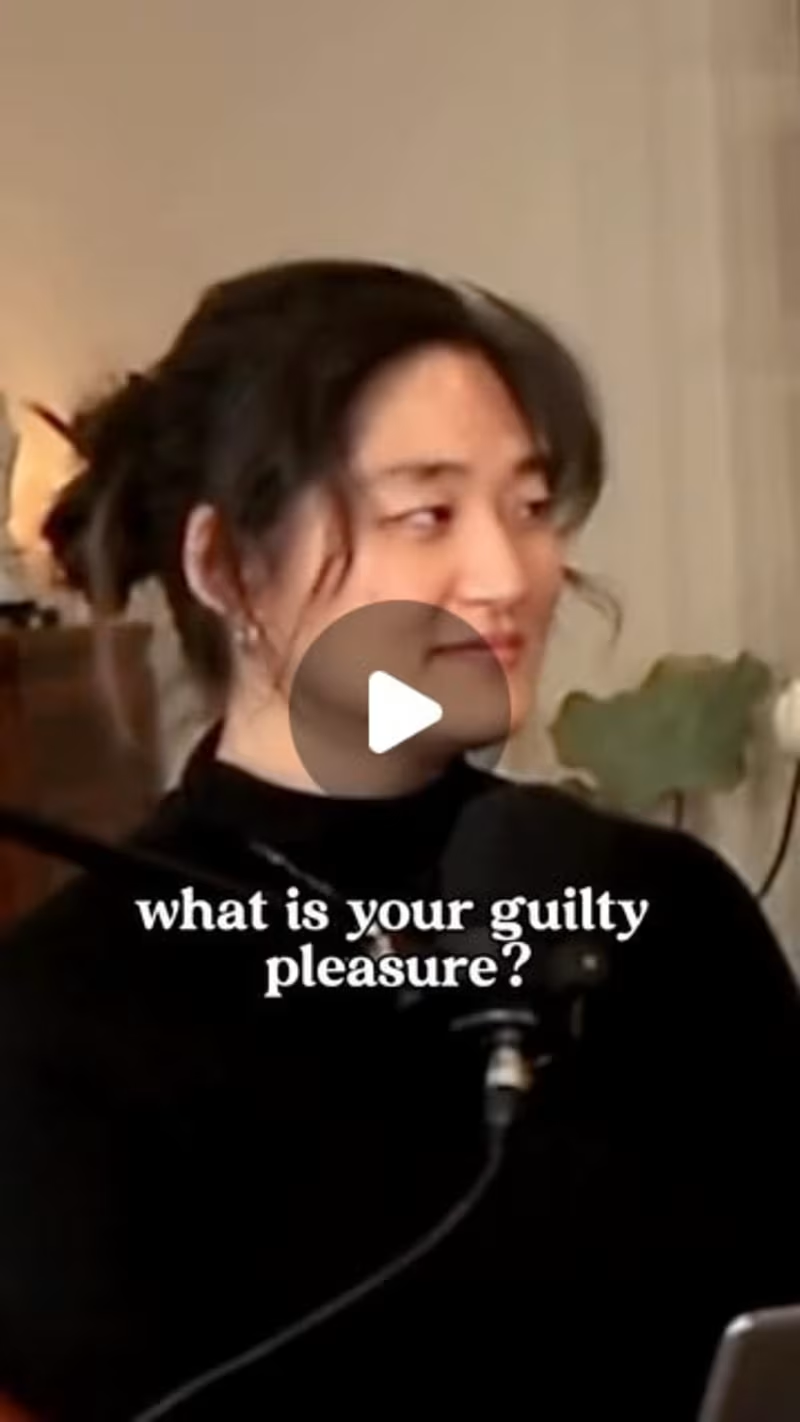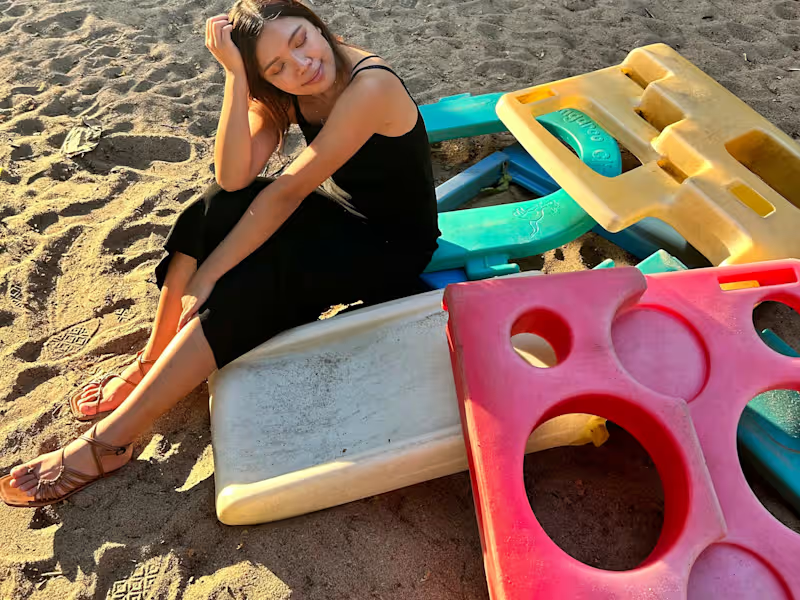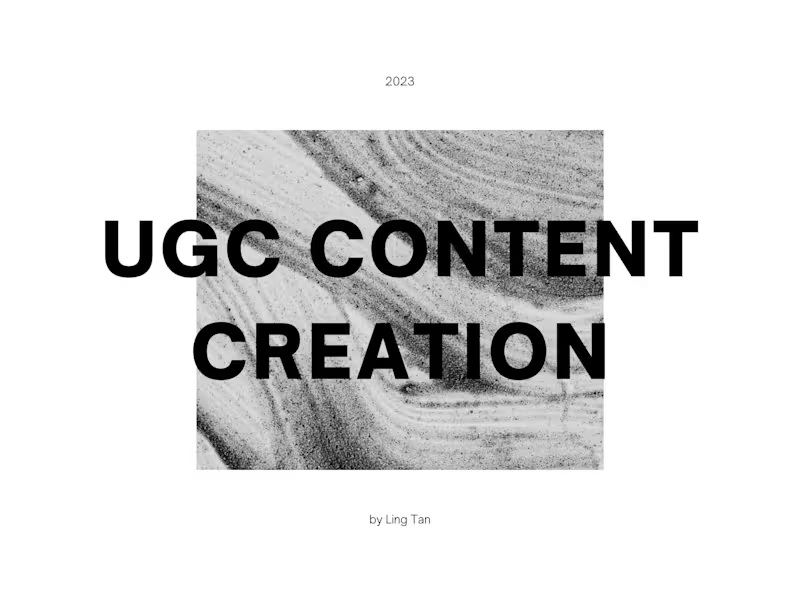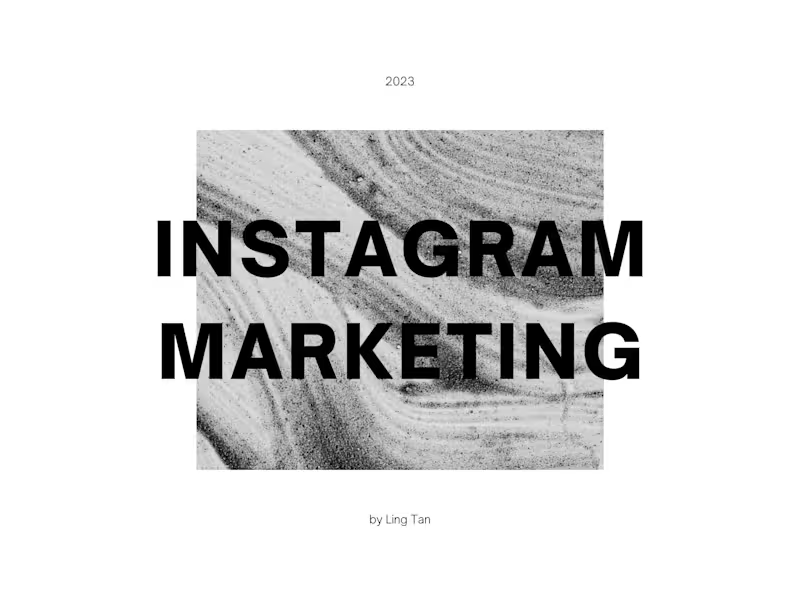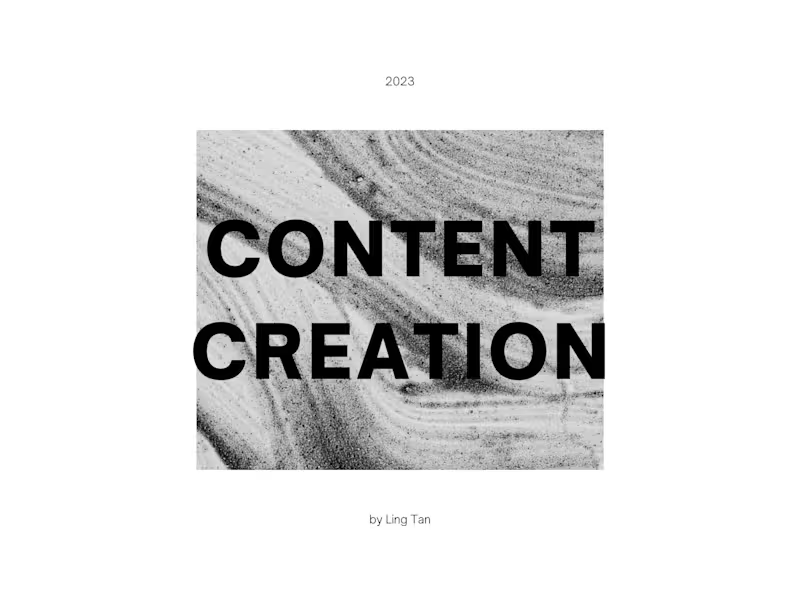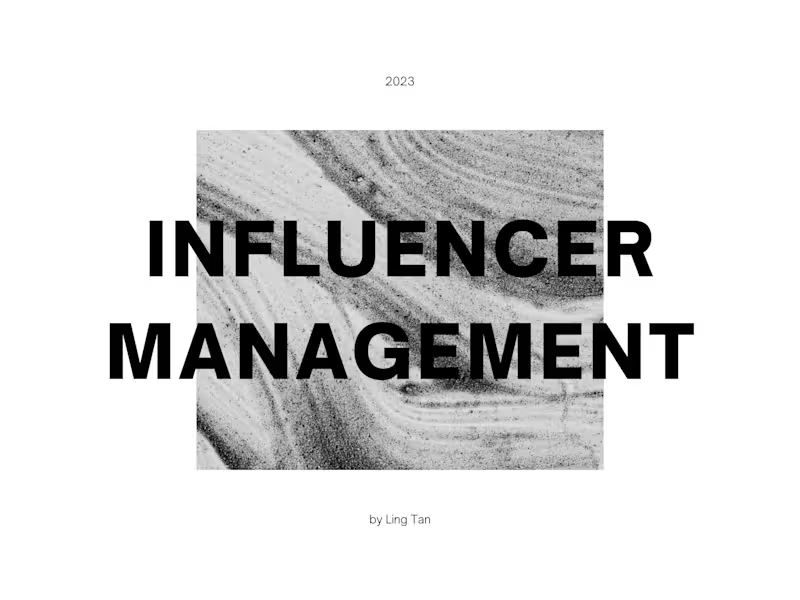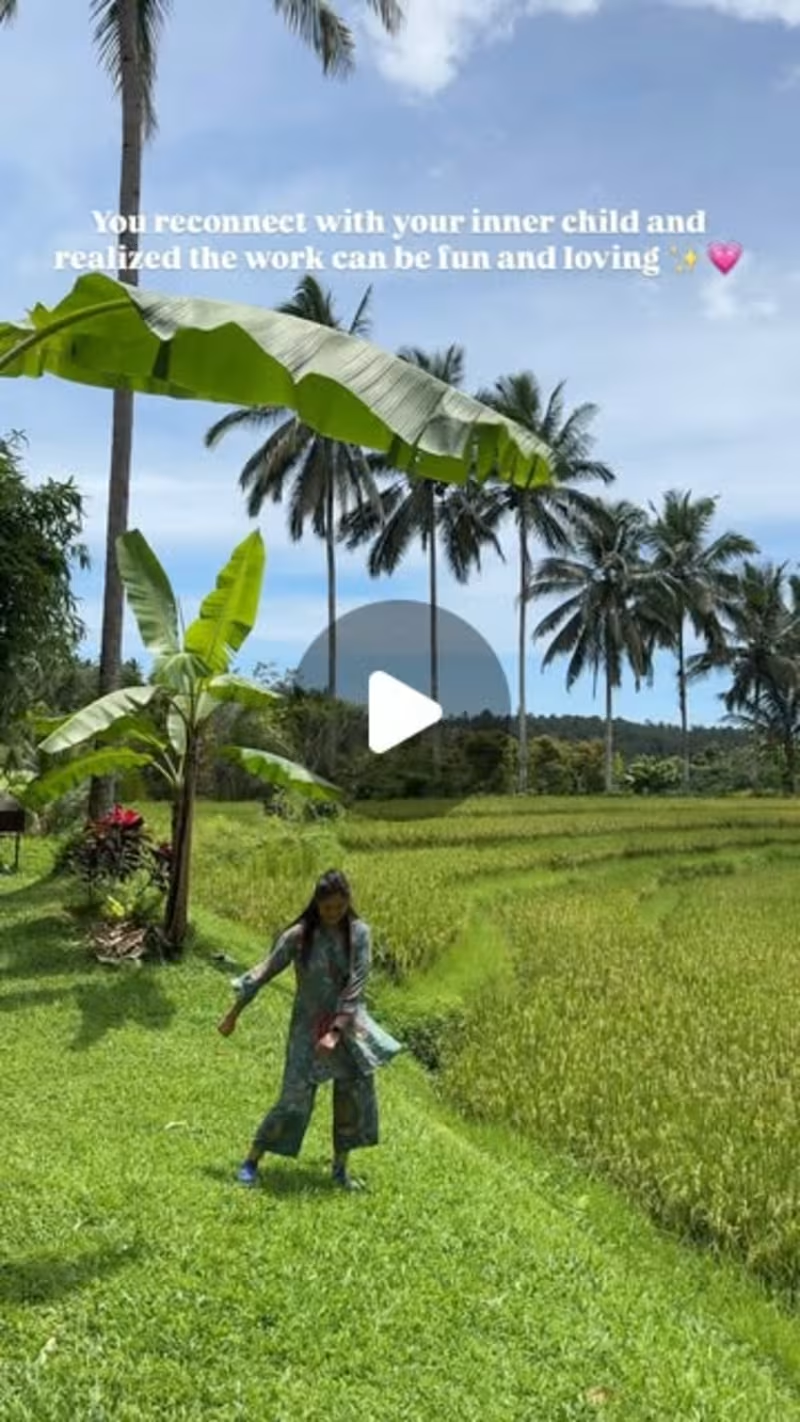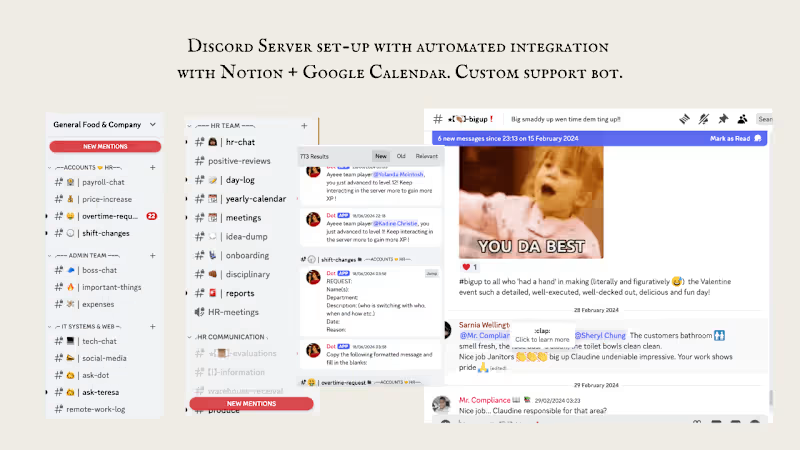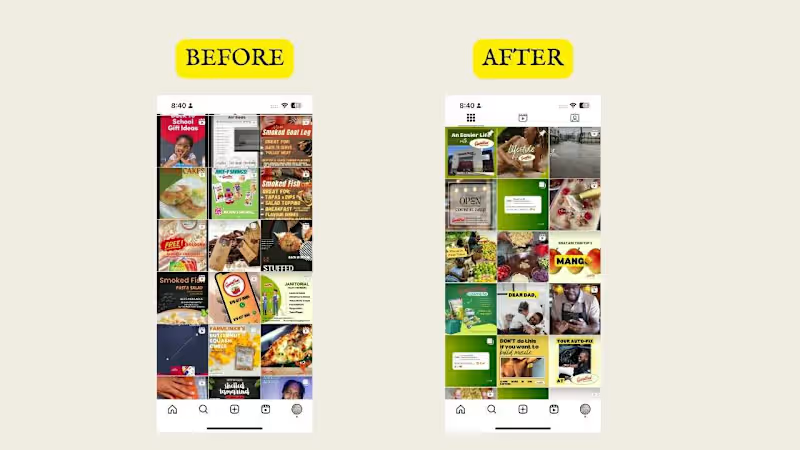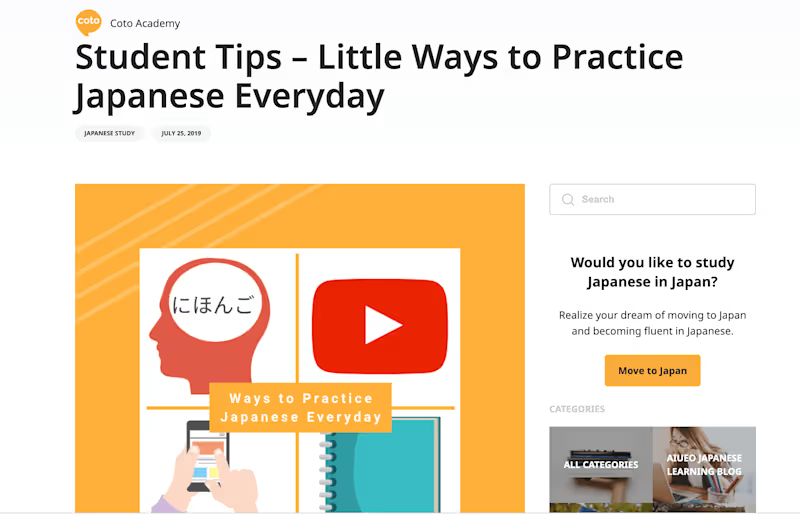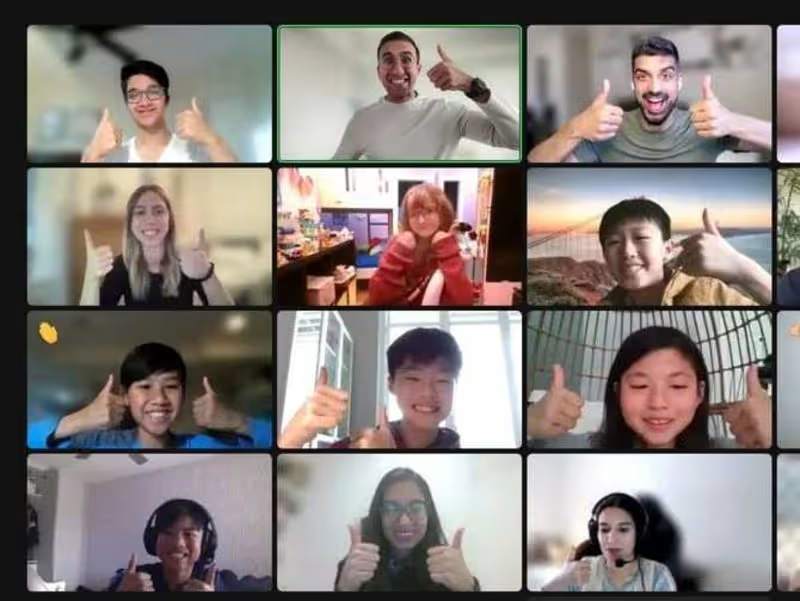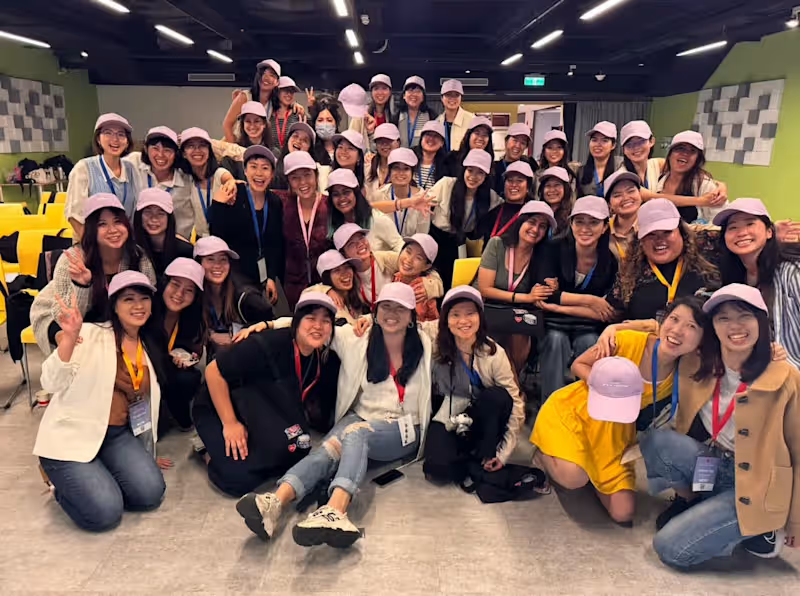What style and tone does the podcast need?
Before hiring, decide if your podcast should be lively, serious, or relaxed. Know the tone so the editor can match it. This helps in selecting an editor with the right style expertise.
What is the project timeline?
Set clear deadlines for when episodes must be edited and ready. Decide if there are weekly, bi-weekly, or monthly releases. A timeline helps your editor plan their work efficiently.
What are the deliverables for the podcast?
List all the files the editor must provide, like raw edits and final mixed versions. Specify if you need show notes or episode summaries. Clear deliverables make sure you get everything you need.
What is the expected length of each episode?
Decide if episodes will be short, around 20 minutes, or longer, like an hour. Tell the editor so they know how much work is involved. Episode length affects editing time and project scope.
What audio quality standards should be met?
Determine if you need broadcast-level quality or if lower quality is acceptable. Know the sound or editing software you prefer. High standards ensure a professional final product.
What format should the final files be in?
Decide if you need MP3, WAV, or another format for finished episodes. This depends on where your podcast will be published. Clear format requirements prevent compatibility issues.
Will feedback and revisions be part of the process?
Decide how you will give feedback on edits and how many revisions you allow. Plan for revision time to ensure the episodes are polished. Feedback options help align the project's vision.
What branding elements should be included?
If your podcast has branded intros, outros, or ads, tell the editor. Provide music tracks or voiceovers needed. Brand consistency is vital for a recognizable series.
How will communication be handled throughout the project?
Choose the best communication methods, like email, chat, or calls, to stay in touch. Set times or days for updates. Smooth communication ensures project progress and prevents misunderstandings.
What is the podcast's target audience?
Knowing who listens to your show helps set the editing style and tone. Tell the editor about the audience's interests and preferences. This ensures the podcast resonates with listeners.
Who is Contra for?
Contra is designed for both freelancers (referred to as "independents") and clients. Freelancers can showcase their work, connect with clients, and manage projects commission-free. Clients can discover and hire top freelance talent for their projects.
What is the vision of Contra?
Contra aims to revolutionize the world of work by providing an all-in-one platform that empowers freelancers and clients to connect and collaborate seamlessly, eliminating traditional barriers and commission fees.








































